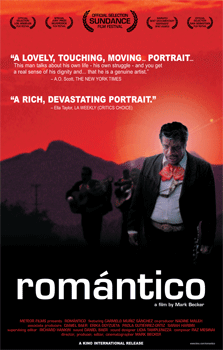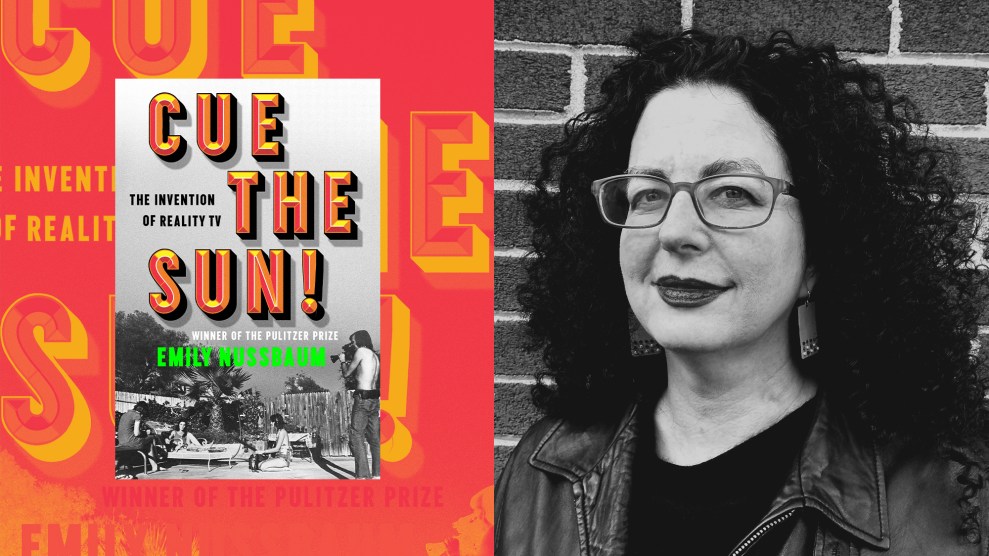
Billed as an “immigrant tale in reverse,” this beautifully filmed documentary follows a 57-year-old Mexican troubadour from his adopted home in San Francisco back to his hometown in Guanajuato.
Carmelo Muñiz Sánchez came north in 1998, crossing the Rio Grande to support his family, even though that meant leaving them. The film opens in San Francisco’s traditionally Hispanic—now hipster—Mission District, where Sánchez and his fellow musicians go restaurant to restaurant performing for gringos. We then travel with him back to the town of Salvatierra, where his wife and daughters have been living for years on his remitted income and his diabetic mother is dying. Sánchez’s reunion with his loved ones—his ailing mother without legs and his daughters desperate for him to stay for good—captures not only the pain of cultural and familial reassimilation but also the complexities of love, particularly once Sánchez begins to consider returning to the States for more money.
Absurdly, Romántico has been criticized for being too bleak, as if to suggest that, like taqueria patrons seeking uncomplicated cultural “flavor,” we want to hear only the bouncy serenades and not the tragic songs, too. When Sánchez tries to get a visa to go back to California, and we see him being ignored by an indifferent middleman, it’s a profoundly sad moment in a film that is precisely as heart-wrenching as its subject requires.














